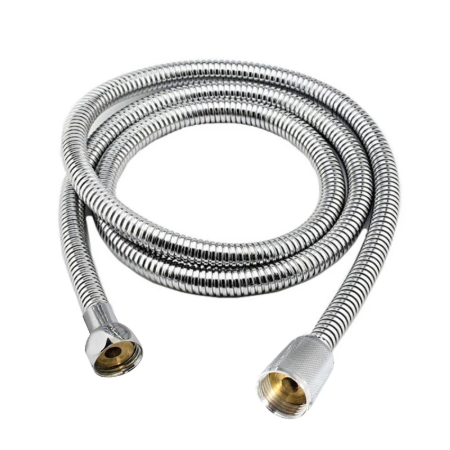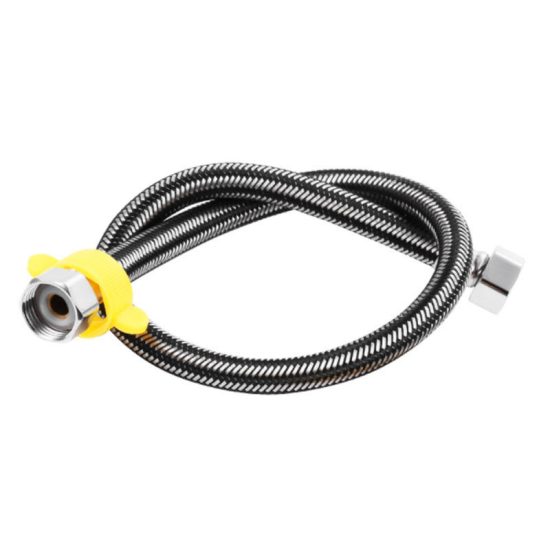- Preventing Contamination: In industries like food and beverage production or pharmaceuticals, hoses transport ingredients, liquids, or gases that are often sensitive to contamination. Even small traces of dirt, debris, or microorganisms within hoses can compromise the entire product, leading to health hazards or product spoilage.
- Compliance with Regulations: Various industries have stringent regulations and standards regarding hygiene and sanitation. Clean hoses are essential to meet these regulations, ensuring the safety and quality of products. Non-compliance can result in severe penalties, legal issues, or product recalls.
- Avoiding Microbial Growth: Residue buildup inside hoses can serve as a breeding ground for bacteria, molds, or other pathogens. Regular cleaning and maintenance prevent microbial growth, reducing the risk of cross-contamination and ensuring product integrity.
- Preserving Product Quality: Clean hoses help maintain the quality and purity of products. Contaminants or residues from previous operations might affect the taste, odor, or appearance of food and beverages or compromise the efficacy of pharmaceutical products.
- Extending Equipment Lifespan: Clean hoses contribute to the longevity of equipment by preventing clogs, corrosion, or damage caused by accumulated residues. Proper maintenance and cleaning protocols reduce wear and tear, ensuring the equipment operates efficiently for longer periods.
- Enhancing Safety: Unclean hoses may pose safety risks such as blockages or leaks, which can lead to accidents, spills, or equipment malfunctions. Regular cleaning minimizes these risks, ensuring a safer working environment.
- Customer Confidence: Maintaining cleanliness in production processes, including hoses, instills confidence in customers regarding the safety and quality of the products they purchase. It helps build trust and a positive reputation for the brand.
To ensure cleanliness and hygiene in hoses, industries implement strict cleaning protocols, including:
- Regular inspection and cleaning schedules for hoses.
- Using appropriate cleaning agents and methods suitable for the specific application and material of the hoses.
- Implementing proper storage and handling practices to prevent contamination between uses.
- Training personnel on hygiene protocols and ensuring compliance with cleaning procedures.
In summary, clean hoses are critical for maintaining hygiene standards, preventing contamination, complying with regulations, preserving product quality, and ensuring the safety and integrity of products across various industries. Regular cleaning, proper maintenance, and adherence to hygiene protocols are essential for effective hose management in maintaining hygiene standards.



